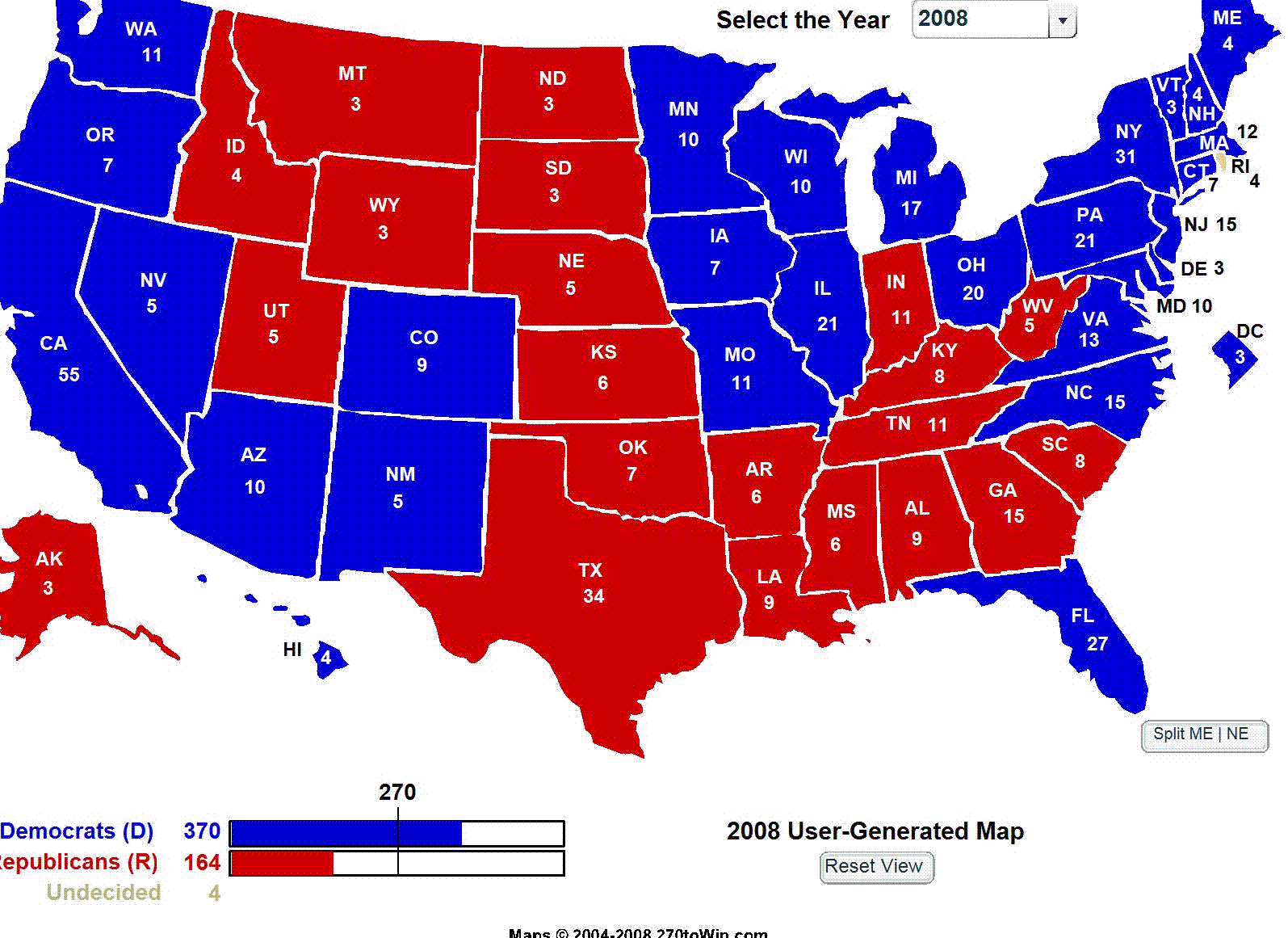The electoral college has almost never worked as originally intended. It was meant as a nominating body to choose candidates for Congress to select from, with exceptions only rarely happening when one candidate has widespread support (aka George Washington)
Electors are not the independent voters that the Founders envisioned.
But the decision has only gone to Congress twice (maybe it was 3?)
I propose the following constitutional amendments:
1) No state may compel an elector to be contractually obligated to vote for any candidate (as most states do now - you are obligated to vote for the candidate you pledged to vote for)
2) No elector may state whom he will vote for prior to the actual vote
3) Presidential "candidates" may not ask people to vote for them - this is dishonest on its face, as you don't vote for Presidential candidates, you vote for electors
Stick your proposal where the sun don't shine. Some of us like the system the way it has always been. It works.
plus Jesus would never allow Americans to mess with it. He will punish you if you try.



